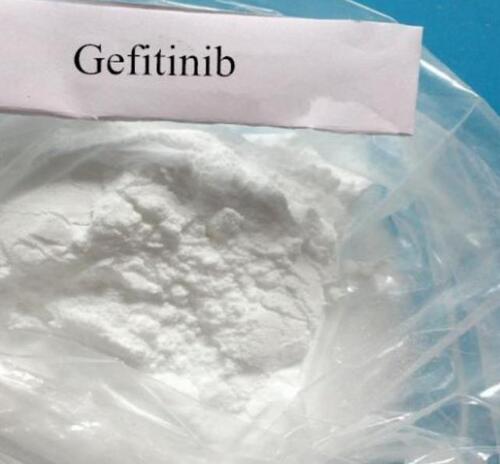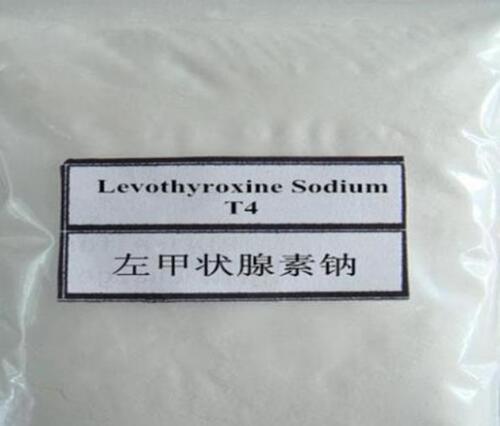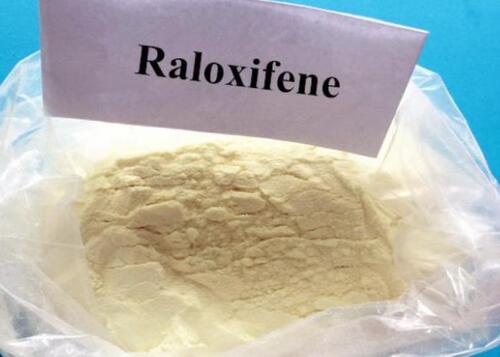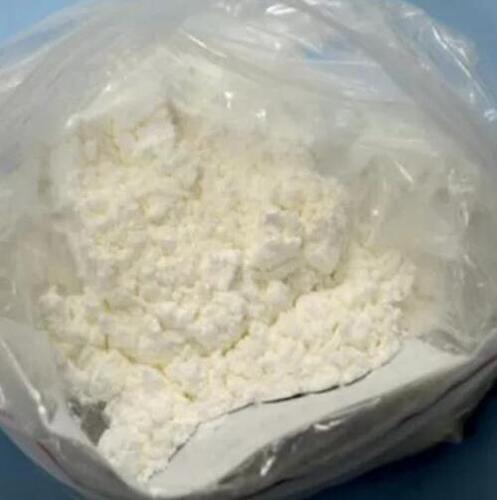Gefitinib CAS No.:184475-35-2

Product Details:
- Grade Industrial Grade
- Physical Form Powder
Gefitinib CAS No.:184475-35-2 Price And Quantity
- 20 Ton
- 800.00 - 2000.00 USD ($)/Bottle
- 1200 USD ($)/Bottle
Gefitinib CAS No.:184475-35-2 Product Specifications
- Powder
- Industrial Grade
Gefitinib CAS No.:184475-35-2 Trade Information
- Shanghai China
- Telegraphic Transfer (T/T)
- 200 Ton Per Month
- 3 Days
- Within a certain price range free samples are available
- 10g/bottle
- Eastern Europe Africa Middle East Asia Australia Western Europe South America Central America North America
- All India
- COA
Product Description
Product Name:Gefitinib
Synonyms:Gefitinib;184475-35-2;IRESSA;ZD 1839;Ji Fei Ji;Gefinitib;Getfitnib;Gifitinib;ZD 1839;efitinib
Molecular Formula:C22H24ClFN4O3
Formula Weight:446.9
CAS No.:184475-35-2
Description:Gefitinib, is a drug used for certain breast, lung, and other cancers, also known as Iressa, a selective epidermal growth factor receptor (EGFR) tyrosine kinase inhibitor, for the treatment of prior locally advanced or metastatic non-chemical treatment or unsuitable for chemotherapysmall cell lung cancer (NSCLC).
Gefitinib is the first selective inhibitor of epidermal growth factor receptor's (EGFR) tyrosine kinase domain. Thus gefitinib is an EGFR inhibitor. The target protein (EGFR) is a family of receptors which includes Her1(erb-B1), Her2(erb-B2), and Her 3(erb-B3). EGFR is overexpressed in the cells of certain types of human carcinomas - for example in lung and breast cancers. This leads to inappropriate activation of the anti-apoptotic Ras signalling cascade, eventually leading to uncontrolled cell proliferation.
Research on gefitinib-sensitive non-small cell lung cancers has shown that a mutation in the EGFR tyrosine kinase domain is responsible for activating anti-apoptotic pathways. These mutations tend to confer increased sensitivity to tyrosine kinase inhibitors such as gefitinib and erlotinib. Of the types of non-small cell lung cancer histologies, adenocarcinoma is the type that most often harbors these mutations. These mutations are more commonly seen in Asians, women, and non-smokers (who also tend to more often have adenocarcinoma).
Gefitinib inhibits EGFR tyrosine kinase by binding to the adenosine triphosphate (ATP)-binding site of the enzyme. Thus the function of the EGFR tyrosine kinase in activating the anti-apoptotic Ras signal transduction cascade is inhibited, and malignant cells are inhibited.





